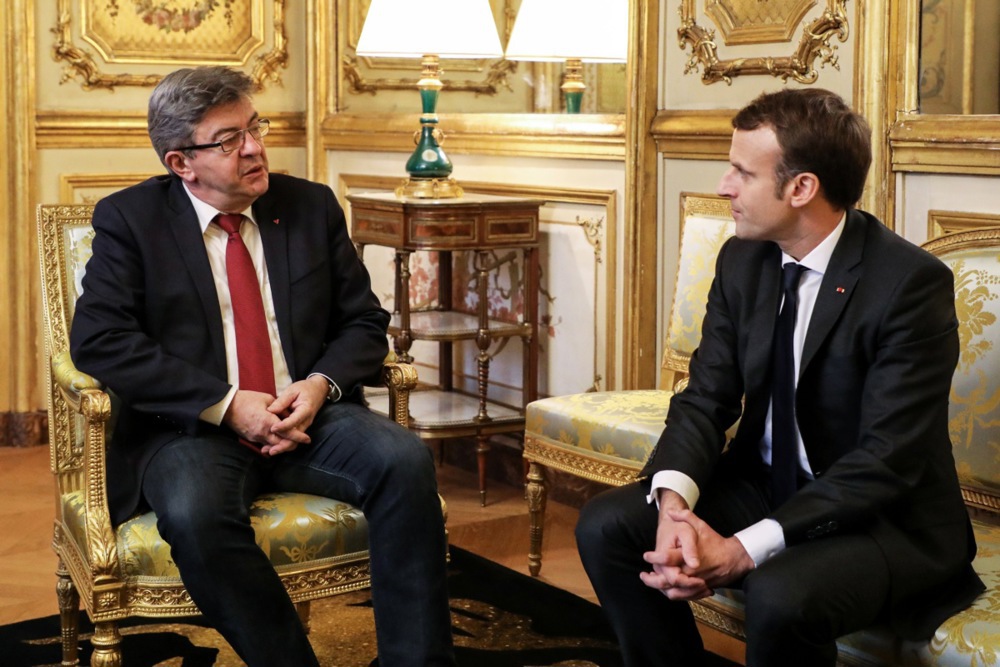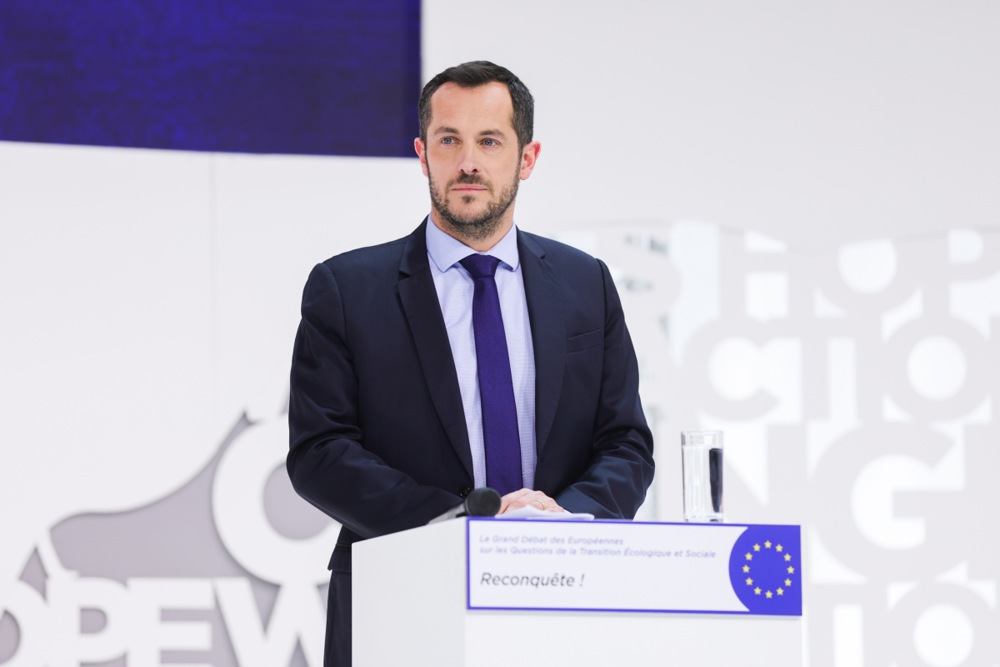The French Government has said it planned to monitor what citizens search for on platforms such as Google, TikTok and Instagram.
It said it wanted to to keep a close eye on public opinion regarding governmental policies, current events and potential protests, using Artificial Intelligence.
According to investigative news outlet l’Informé on October 30, the Government Information Service (SIG) issued a call for tenders, inviting companies to propose tools for analysing what French citizens were talking about online. The call closes on November 6.
Previously limited to social-media monitoring, this new programme will include search engines with a “search listening tool”, expanding the range of data collected from daily searches “to understand what people are concerned about in real-time”, SIG said.
It said the government would also focus on what it called “weak signal detection”, aimed at identifying early signs of possible protests before they gained traction.
That has been seen as a response to the Yellow Vest protests in 2018 and recent unrest in the French overseas regions of New Caledonia and Martinique.
The Yellow Vests protests began after an online petition posted in May 2018 had attracted almost 1 million signatures, with mass demonstrations following in November that year.
In May this year, the French Government announced a ban on TikTok on the island of New Caledonia to tackle swelling riots on its Pacific island overseas territory, becoming the first Western nation to bar social media amid unrest.
France has banned Chinese social media platform TikTok on its island of New Caledonia amid claims regarding “foreign interference” on the island. https://t.co/Udtam61lDu
— Brussels Signal (@brusselssignal) May 16, 2024
The SIG invitation to tender corresponded with a renewal of a current similar contract, due to expire on March 28, 2025.
Director of the SIG Michaël Nathan told Brussels Signal on October 31 the recent changes aimed to broaden the range of public sources being analysed, while integrating new data-processing capabilities, including AI, to automate specific tasks and allow more time for human analysis.
The new four-year contract, valued at around €5 million before VAT, is split into five key segments: €3.45 million for real-time tracking of public online content; €650,000 for government communications monitoring; €300,000 for detecting what were termed “qualified weak signals” related to demonstrations; €300,000 for a search-monitoring tool; and €350,000 for ad hoc studies in social media and “search listening”.
While government officials argued the data would help shape communication strategies and guide social media engagement, critics have raised questions.
Despite assurances from the SIG that the programme would follow GDPR guidelines, many said they saw this expanded monitoring as an intrusion into citizens’ private lives.
The call for tenders came at a time when France is in political turmoil and the country faces several electoral deadlines, including mayoral elections in 2026, the 2027 presidential elections and possibly legislative elections.
The French Government is reportedly considering the widespread adoption of AI-powered mass surveillance systems initially established for the 2024 Paris Summer Olympics with, it has been claimed, plans to integrate these systems permanently into the nation’s security framework.
The AI-powered mass-surveillance system put in place to protect the 2024 Paris Olympics is set to be made a permanent part of France’s security infrastructure, according to French news outlets. https://t.co/svp9nau4Do
— Brussels Signal (@brusselssignal) October 3, 2024
We must be clear: we do not want a society where any behaviour deemed a ‘social anomaly’ is flagged by technology for police intervention
On October 31, investigative media outlet StreetPress reported that the mayor of Saint-Denis was preparing to introduce algorithmic video surveillance software, revealing the city’s equipment purchase order.
The same day, the digital rights organisation La Quadrature du Net released a statement urging an end to AI video surveillance.
“Together, we must resist efforts to normalise algorithmic video surveillance and reaffirm the public’s rejection of this technology,” it said.
The group asserted the importance of opposing what it called the transformation of citizens into “test subjects for surveillance initiatives” implemented in collaboration with the police and others.
Europe should focus on developing its own brand of artificial intelligence (AI) and leave the issue of its regulation for later, French President Emmanuel Macron has said. https://t.co/obl4S4FwEm
— Brussels Signal (@brusselssignal) September 2, 2024





